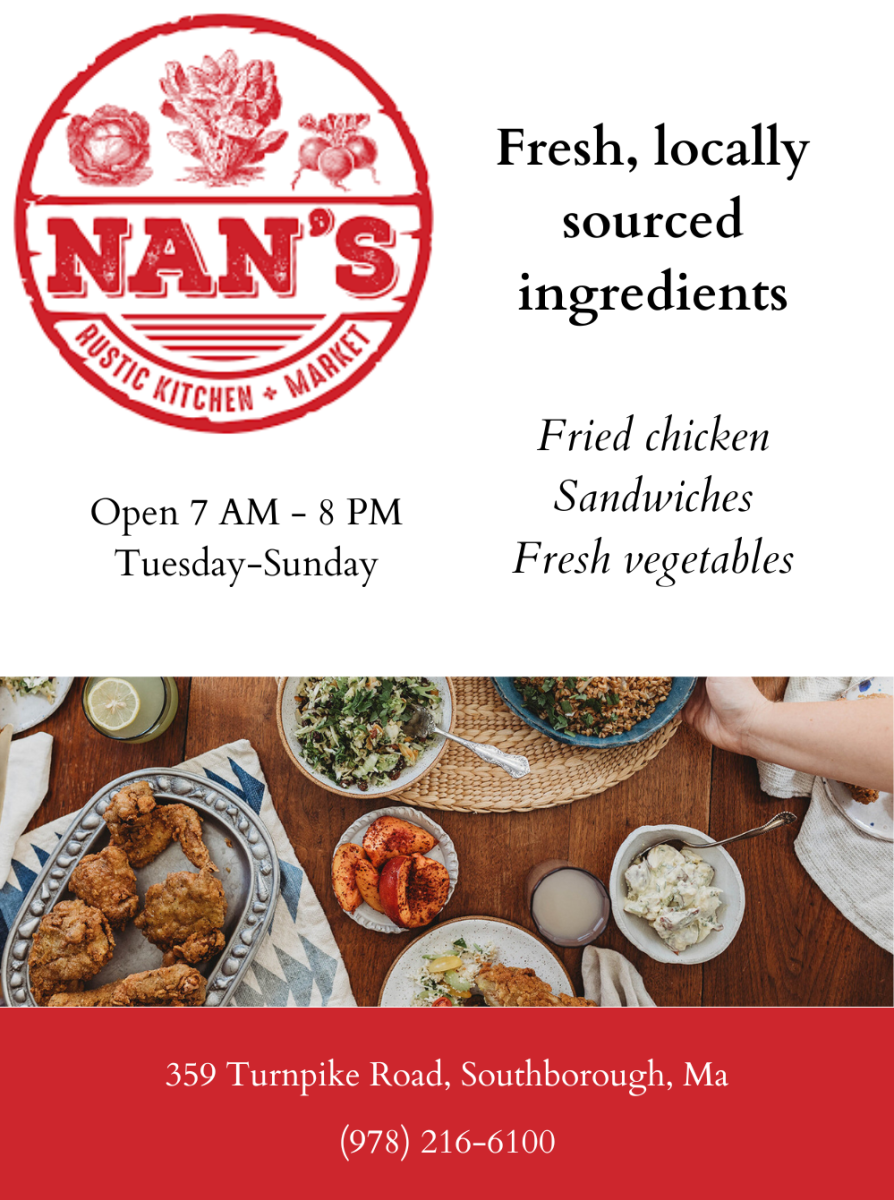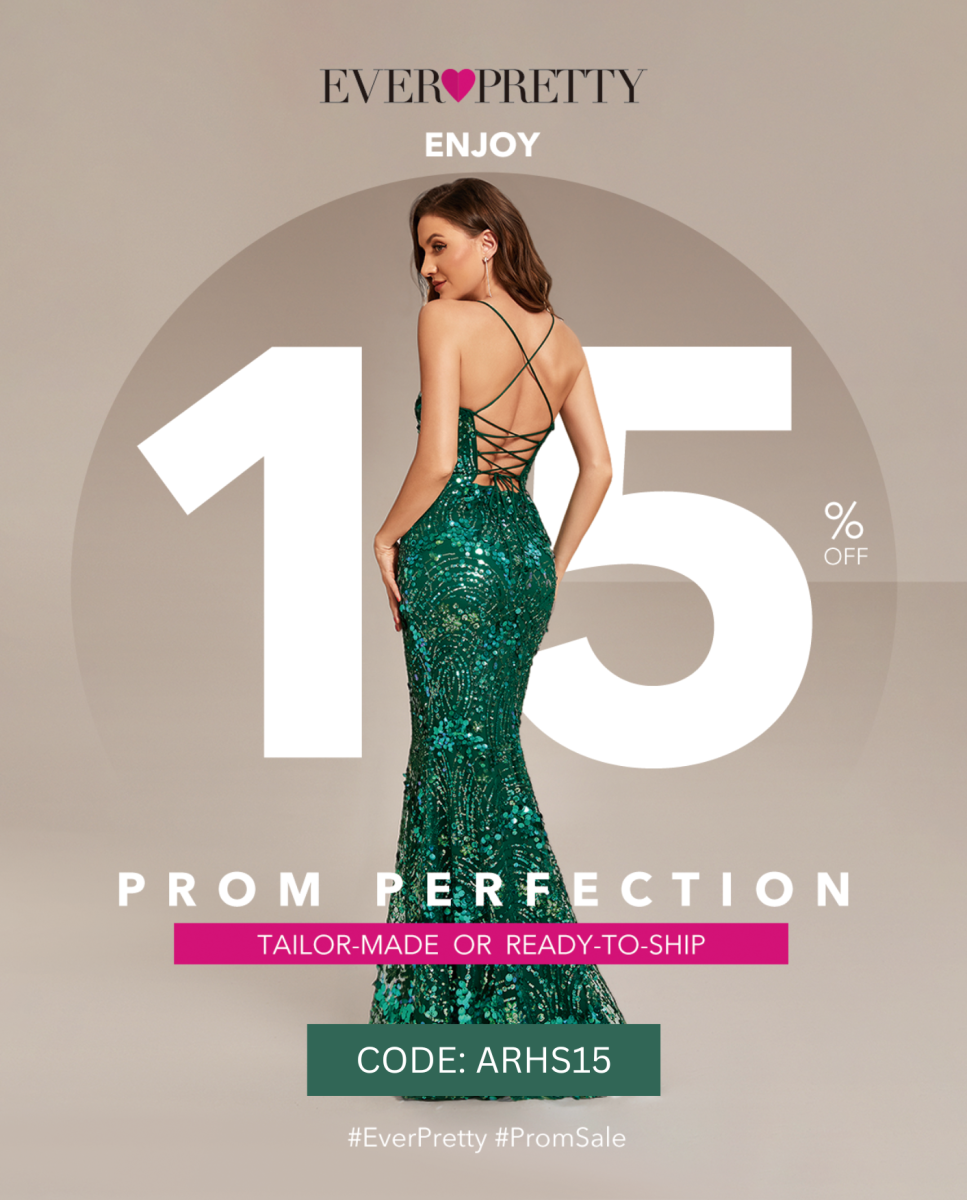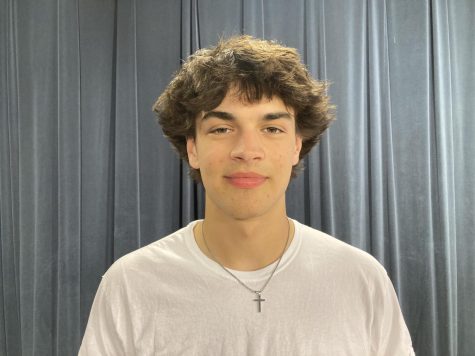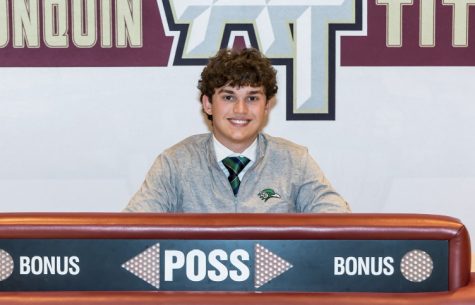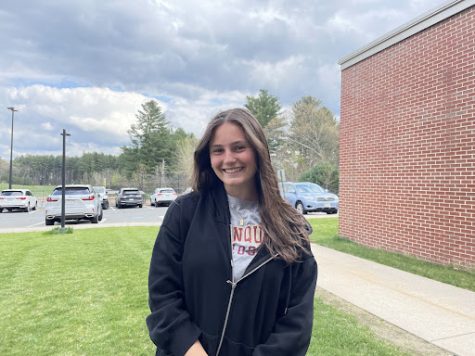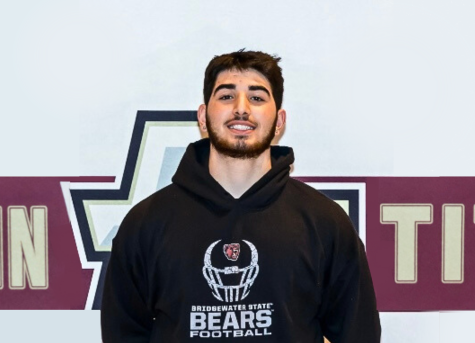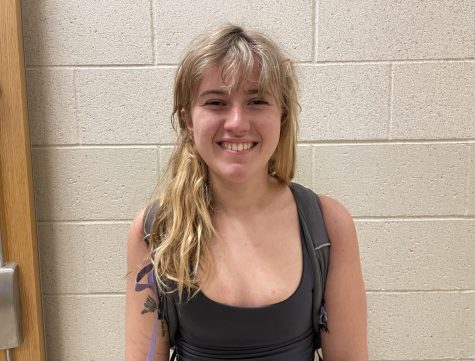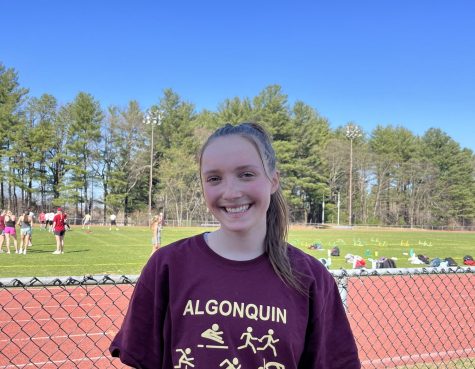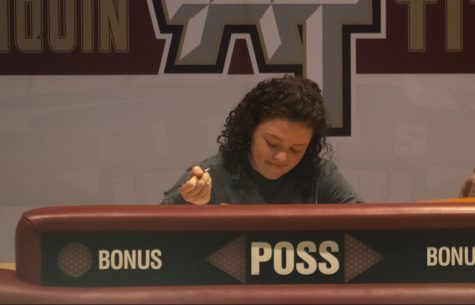Model UN competes for global sustainability
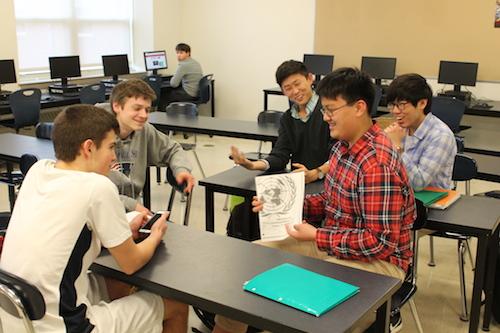
Freshman Christian Jorgensen and sophomore Michael Wu discuss their upcoming competition with juniors Ian Bourdon, Ian Kim, and Luke Kim looking on. The club competed in the UMASS Amherst United Nations Conference on March 11-13 and meets every Thursday after school in D109.
March 17, 2016
Model UN members are set to participate in the UMass Amherst Model United Nations conference focusing on global sustainable development goals on March 11-13.
According to Model UN advisor and librarian Michelle Rehill, conference participants are presented with a different theme each year for the global summit. At the upcoming conference, Model UN will be discussing development goals.
“Based on results of the millennium summit, [participants] are doing sustainable development goals and they came up with [objectives] they’re going to be working on,” Rehill said. “Now they’re going to talk about what they’re going to do moving forward; the whole conference will be based around sustainable goals for the future.”
“We take the view of other countries throughout the world and we conference on various issues in the world, current or past,” Model UN officer and senior Corey Champeon said.
“This year UMass is focusing on global sustainable development goals, which were set out by UN in 2015 at the UN global summit,” officer junior Danielle Gillerin said. “So delegates will go and represent a country’s views on new points.”
According to Gillerin, points are rewarded based off various topics, including women’s rights and education, and poverty.
“Within UN conferences- and within the real United Nations- there are committees with different delegates representing them, such as historical council, security council, crisis committee, general assembly, world health organization, and ECOSOC [an abbreviation for economy and social],” Gillerin said.
“You have a huge conversation with people, work it out, make agreements, and resolutions that help come to agreement on topics because there are so many different countries,” Model UN officer and junior Gabriella Thompson said. “Some don’t believe abortion in cases like Zika virus necessary. Other cases include women’s rights and education, [as] in Saudi Arabia and Syria.”
Thompson clarified that the UMass Conference is not as much a competition as a conference, although participants can “win the gavel,” and participation awards are granted to the best in a committee.
From conferences, Champeon learns how to take his own view, cast it aside, and advocate for another one, even if it’s diametrically opposed for him.
“I’m a relatively liberal person, and pro-choice, but during mock debate today, I had to advocate for an incredibly pro-life government and I had to take the relevant arguments and cast away my own personal views and make my view correct, even though I didn’t view it as correct myself,” Champeon said.
According to Champeon, all of the councils are discussion-based.
“The idea of some of them is to conference about specific topics as united countries- and sometimes they are about achieving a relative agreement or goal,” Champeon said.
“You don’t always believe in what your country’s saying, so you have to come up with all these facts and even though you might not like them, you have to find some way to support the country’s views,” Gillerin said.
“You think of their government and laws, and you get into it and start thinking like they think but all of a sudden a topic comes up and you’re not 100 percent sure if they would be ok with that or not,” Thompson said. “You kind of have to think based on what you know.”
For Model UN officers, the best part of participating in the program and the annual summit is gaining knowledge about the surrounding world, as well as the gratification that accompanies compromise within nations.
“When you finally come to resolution it feels like you’re solving something,” Gillerin said. “It feels like you’re solving an issue facing millions of people often times, and you’re helping them. It feels good to work together because it feels like maybe countries can actually work together to get stuff done and make the world a better place.”
“[Model UN] feels like an inside look to other countries and their viewpoints while it also helps me think about how the political process works and why it’s so hard for our politicians to even get to a solution because there are so many diametric views posed,” Champeon said.
With her participation in Model UN, Thompson believed she began to understand why the world is in such a disarray. Although everyone had such contrasting viewpoints, she could make sense of the discords.
“It gives you an understanding, but it also gives you some hope because you’re sitting in a room with a bunch of kids who could be future leaders and if you can all get together now, why can’t you get together 20 years into the future and create actual solutions?” Gillerin said. “The goal of United Nations in general is to unite countries on important world issues and try to get countries to work together and bring funding for issues plaguing nations – that’s what we’re trying to do here only in a simulated sense because we can’t actually do it – yet.”
“And to prevent a third world war,” Champeon added.

